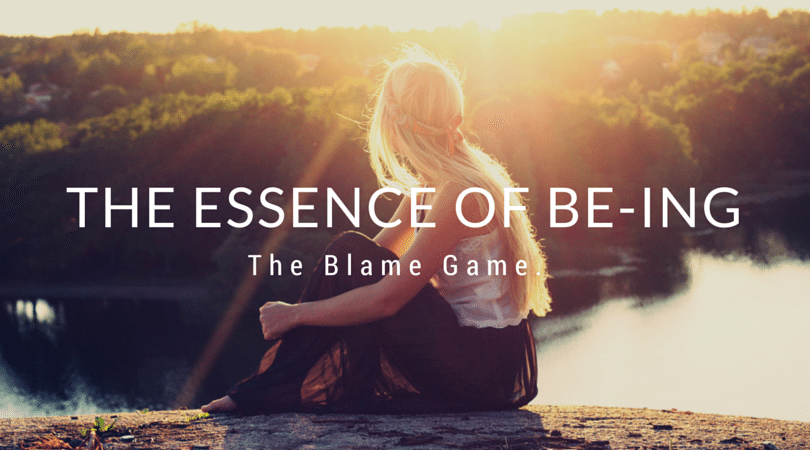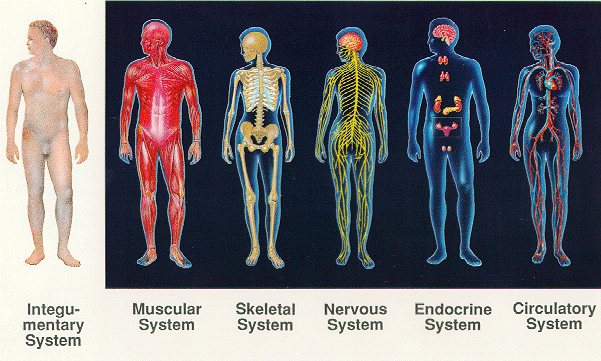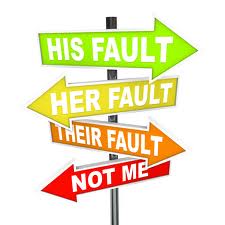The expression of our minds and thoughts will manifest in some form in our bodies. What I have discovered is how powerful our minds are, and yet the body is its true equal or possibly more powerful. The amazing organizing wisdom of our body and its ability to process so many different details and functions all instantaneously. For instance, we do not have to constantly think of making our heart beat and pump blood to the rest of our limbs and organs, nor do we have to consciously focus on our stomach and small/large intestines to break down and digest foods we have eaten to provide us with nutrients for our body’s sustenance. This is where our mental and emotional state can truly affect the overall functioning of our body.
Have you ever experienced a physical pain that came from feeling emotional anguish or uncertainty? Have you ever experienced tightness or an uncomfortable gripping sensation at the pit of your stomach? Sometimes a perceived slight by a loved one can create a physical pain in some part of our body, or cause our minds to go into a frenzy, attempting to make sense of the situation.
One such charged emotional state that can affect our bodies is the act of blaming and shaming. When we blame, it creates a certain mindset and in blaming another for causing us anguish or pain, we in essence give our power away. The reason being is that we were co-creators in the interaction and shrugged off our responsibility in what took place. Work towards making it a habit to understand why you feel the need to blame another, or blame a situation, for why you felt a certain way, or the way your life is. Reflecting on how a challenging experience is just as much our responsibility as the other party’s, will help to shift one’s mindset leading to a more balanced mental and emotional state. Taking ownership and equal responsibility of the conflict, enables one to take control of the situation and see how our reactionary behavior patterns have influenced our lives and may have been the underlying reason why we have perpetuated certain experiences from past and present conflicts.
Strive to see the conflict from different perspectives to gain a more global awareness and understanding. Oftentimes feeling helpless engenders one to inflict control on another, and assert oneself, all to avoid feeling helpless. However, this action will oftentimes lead to the building of resentment, that in the long term, erodes any trust or willingness to connect with the other person. It is through taking responsibility of one’s words and actions in our life experiences, which determines the growth and maturation of a solid relationship. So stop with the blaming, and take a look at how you participated in creating either a harmonious connection, or a highly charged and explosive situation, from which one has to back pedal in order to preserve this connection.
Allow your body and conscience to be your guide in helping you navigate through conflicts that arise, either by you being the instigator, or the recipient. By tuning into your body, connecting with your feelings, and paying attention to bodily symptoms that arise, will help to establish a greater confidence in how you handle and deal with current or future conflicts. Become pro-active and start observing how you behave when you are challenged by another person, or perceive to be hurt or shamed. Your friend, loved one, or peer will thank you, as well as you will thank yourself in the long run for taking responsibility and bringing balance to your life!



